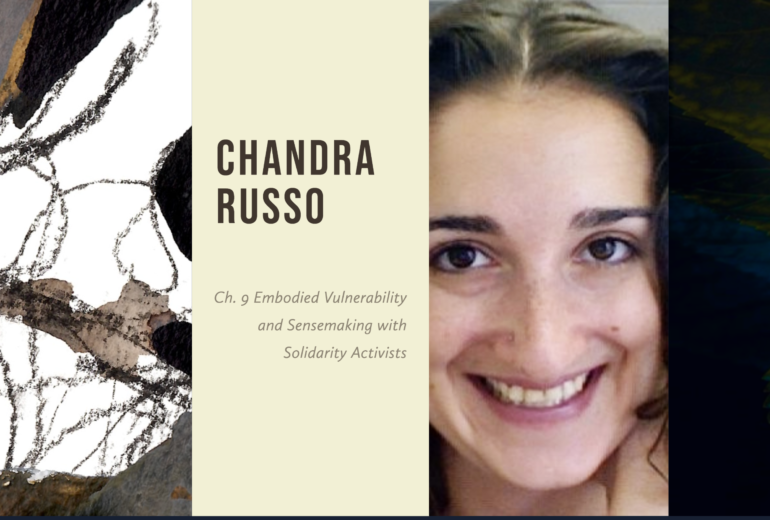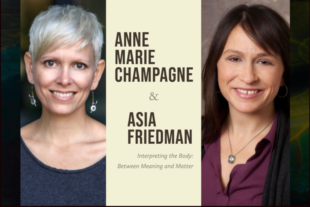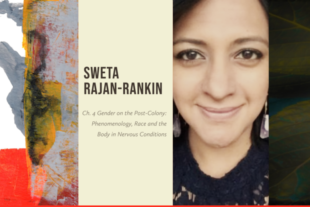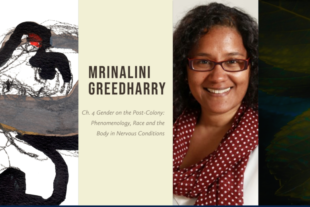Ch9. Embodied Vulnerability and Sensemaking with Solidarity Activists
Chandra Russo is Associate Professor of Sociology at Colgate University, where she teaches courses in social movements and activism, the body, and (anti)racism. Her book Solidarity in Practice (Cambridge University Press, 2018) examines how justice-seeking solidarity drives activist communities contesting US torture, militarism, and immigration policies. Before earning her PhD from the University of California, Santa Barbara, she spent several years working on immigrant justice issues in New York State, Central Mexico, and Colorado. Her research and writing have been published in such venues as Mobilization, Race and Class, American Quarterly, City, Interface, and the Denver Post.
Related
Though embodied resistance has figured centrally throughout history, social movement scholars have paid scant attention to the role of the body in activism. The few yet important studies on embodied activism tend to highlight the work of intentional bodily performance with less attention paid to how bodily experience shapes activists and the movements they join. Yet scholars have long argued that social movements should be understood as knowledge projects, bearing and disseminating alternative and often resistant worldviews. Through ethnographic study with solidarity activists that resist the US security state, author Chandra Russo finds that embodied experience is central to cultivating new and resistant forms of knowledge. This chapter seeks to center embodied experience as a key interpretive lens for both social movement participants and scholars, considering the layered ways in which studying the embodiment of solidarity activism is itself an embodied, interpretive project.
~~
For updates from the author and access to supplemental materials (interviews, podcasts, syllabi, etc.) when they are made available, please visit Chapter 9.
Home » Blog » Chandra Russo




